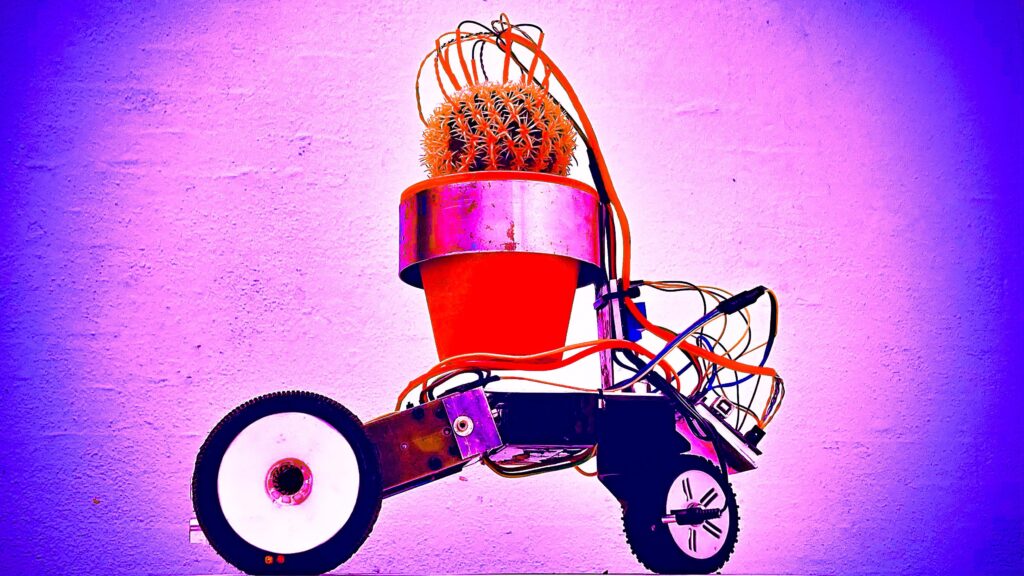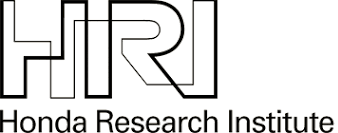Aim and Scope
Robotics & Art has emerged as a key research area within the broader field of robotics and social robotics. Creative methods and approaches from the visual and performing arts have made a significant impact on the fields of robotics and HRI, connecting the domains of art, design, music, performance, and visual arts with computer science, engineering, and psychology. As researchers focus on moving robots out of the lab and into new domains, artists contribute with important insights that help to imagine new futures and types of social interactions with machines. The arts provide an ideal testing ground for studying aspects of social robotics such as intuitive interaction, trust, creativity, and engagement. They also help stimulate the public imagination and enthusiasm for emerging robot technologies. More recently, generative AI has opened up new possibilities for connecting robotics and art. AI tools such as Dalle-E3, SORA, and RAVE have enabled the creation of novel and unpredictable artistic outputs, ranging from visual art and music to choreography and storytelling. The integration of generative AI with robotic systems has the potential to push the boundaries of creative expression and interactive experiences, and introduces the possibility of robotic artists that can adapt and evolve their creations in real-time.
This year, the International Conference on Social Robotics (ICSR) is proud to announce the special session Robotics & Art with different submission formats to highlight work that combines – or cuts across – the fields of visual and performing arts, robotics, and social robotics.


Organizers
- Elizabeth Jochum, Aalborg University, Denmark
- Hooman Samani, University of the Arts, London, UK
- Dylan Cawthorne, University of Southern Denmark, Denmark
- Chen Li, Aalborg University, Denmark
Topics
This special session intends to capture a broad and inclusive collection of works that may include, but are not limited to, the following topics:
- Robotic Art
- Robots in theatre, dance, and/or musical performance
- Creative robotics
- Interactive robotic art
- Robots in cultural contexts
- Artistic residencies in robotics labs
- Generative AI for robotic art and performance
- AI-driven robotic creativity and improvisation
- Ethical and societal implications of AI-driven robotic art
Submission formats
To support interdisciplinary projects, we invite submissions in the following formats:
- Full papers should present original, unpublished research work related to robotics and art (maximum 10 pages, with additional 4 pages at an extra charge). You can find submission template at Springer’s author’s guidelines. LaTeX templates are also available for Overleaf.
- Late-breaking / short papers should describe novel, in-progress, or exploratory projects (maximum 6 pages, including references). Please use the same template as for the full papers.
- Live Demos/Performance/Installation: Showcase your innovative robotic art performances, installations, or live demonstrations. Please provide a detailed technical description of the work, including its artistic contribution, as well as space and technical requirements. If there is video documentation of the work, please include that as well.
All submissions will undergo a peer-review process by experts in the fields of social robotics, art, and HRI. Accepted works will be presented at the ICSR Robotics & Art track and published in the conference proceedings (except for video submissions, unless submitted as a Late Breaking Work).
If you have any questions about the special session or submissions to it, please email us at icsr@sdu.dk with the subject [ICSR24 Arts].
Important Dates
- Submission Deadline Full Papers:
July 12th,July 19th - Submission Deadline Short Papers: August 5th
- Notification of Acceptance:
August 12th,August 19th - Camera-Ready Deadline:
August 26th, September 2nd - Conference Dates: October 23rd – 25th












